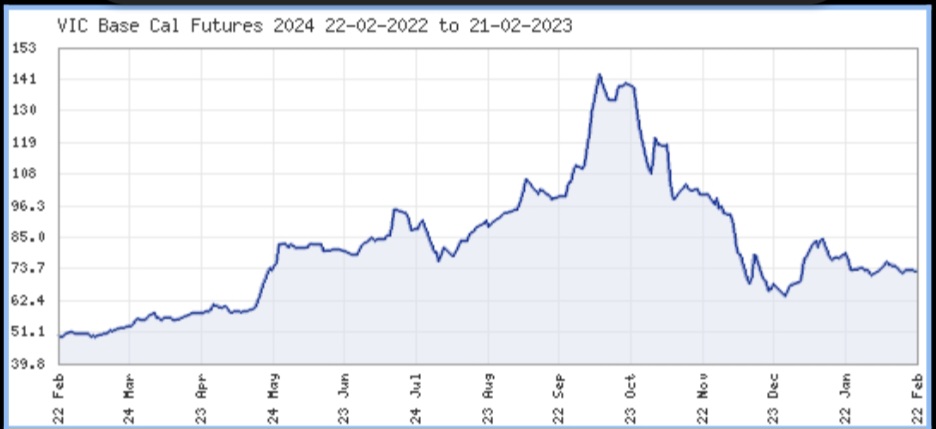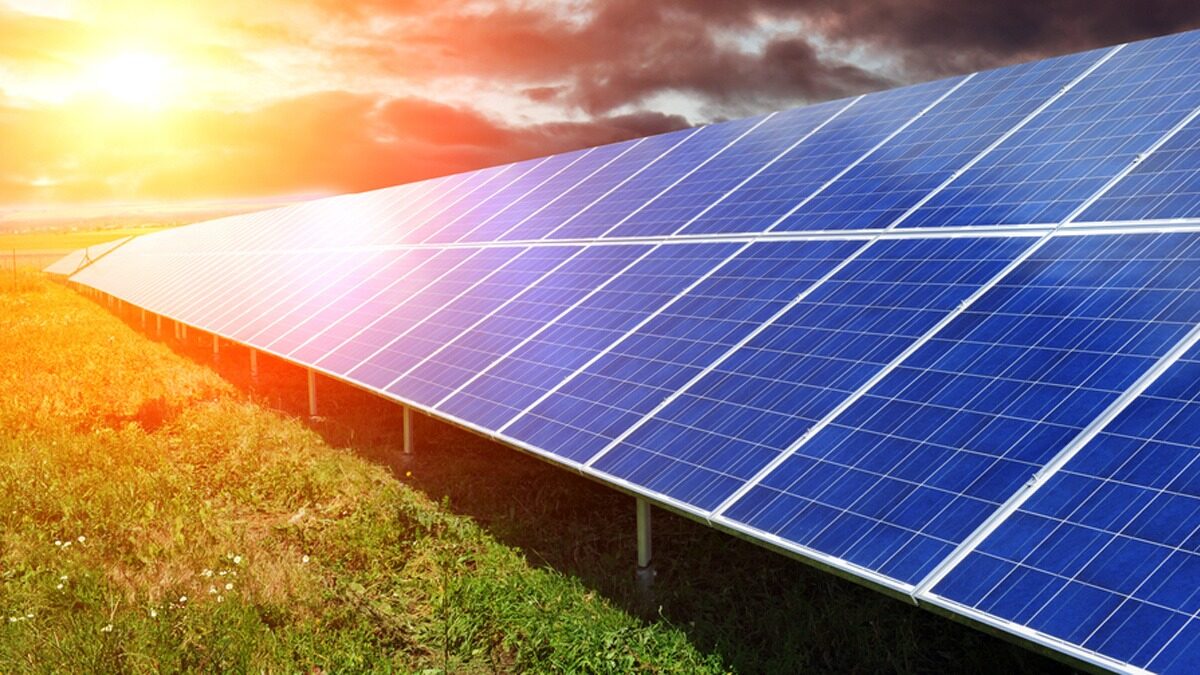Top 5 Changes in Commercial Solar
and Battery 2023
Businesses are lining up to quickly install solar with the current incentives set to end mid-2023; more on that later. Currently, companies are taking advantage of these grants and saving up to 40% on their energy bills, and this was before the energy price hikes! From standard building operations, solar lighting to charging electric vehicles and batteries, companies are doing what they can to decrease their impact on the environment and reliance on the grid.
Businesses will use solar and sustainability projects to strengthen their public image and many times marketing footage has been taken during installation for a media campaign. In today’s climate, this is very important because more people are aware of their environmental impact and are getting behind causes that support green initiatives. In numerous cases, consumers buying habits are now heavily influenced by a company’s eco-friendly and social policies. This trend is especially common among millennials and can be used to generate new customers if done correctly.
1. Increase volatility in the energy market
Coming into 2023, wholesale electricity costs have probably been the most volatile and unpredictable for businesses. A snapshot of an ASX Energy chart says it all:

The wholesale electricity costs have come down at the beginning of 2023. But no doubt, it’s just a
matter of when until it jumps up again given the underlying issues locally and globally. This immediate impact on bottom lines has spurred the race for businesses to hedge or protect themselves and getting solar done now. This flurry of activity makes it tricky to find a good installer who’d be available. Hence, we’ve been investing in relationships with good installers nationally.
2. The wind regulations nationally are getting
stricter
In many cases, rooftop space structurally-approved for solar is getting reduced by over 60%. This can be mitigated in some cases by getting expert advice to help your specific site. The tricky part is different structural engineers have different opinions on one building. Access to structural engineers who are practical and design know-how are the keys here.
3. The adoption of commercial battery
When it comes to charging batteries, this is a great way to store your solar energy on site and use it later instead of sending it back to the grid. Batteries are especially useful to further mitigate reliance on the energy infrastructure, improve your sustainable image and to act as a backup power source in
rural areas or places where power can be unreliable. For these remote and sometime off-grid locations, batteries can be a gamechanger. Different ways to benefit from batteries include energy arbitrage, energy resilience, demand reduction, demand response programs and frequency regulation.
In saying that, batteries are not for most businesses at the moment. Battery costs have gone up by double digits just in the last couple of years at the back end of COVID. A preliminary assessment by independent engineers would be a worthwhile investment before committing to the purchase.
4. The uptake of EVs
With the increased push to go green where you can, companies are looking at adopting EV fleets. On-site charging stations are becoming more common and are being powered by solar panels and may have batteries linked up as well. This can benefit company employees as most businesses allow them to fill up their EVs during work hours. Further strengthening a company’s image and impacting the carbon footprint of their employees positively as well. And if one were to consider EVs, it’d be silly not to consider solar PV beforehand.
5. Reduction in government incentives
There is an old saying that says “the best time to plant a tree was 20 years ago. The second best time
is today”. This holds true for solar, while some of you may not be experiencing the benefits of a well- installed solar system yet, you can today, especially while regulations and incentives are still open in Victoria. But be warned, in a couple of months the solar industry will be rapidly changing. As of June
2023 the highly sought after 30% instant asset write off tax incentive will be removed. This incentive allowed you to claim all of your depreciation over so many years for your solar asset straight away on your next tax return. That’s money in your pocket that you don’t have to wait for.... Finally, the 3 main ‘rebates’ for commercial solar are:
* STC Incentive (less than 100kW)
* LGC more than 100kW
* VEECS more than 100kW
These rebates reduce every year and in large installations especially (>100kW) this can be considerable costs. As an example, a circa 700kW installation can experience an $80,000 reduction in their solar system installation if they do it in the previous year before the yearly reduction occurs.
This has to do with how the rebates are calculated, and this is explained in a more in-depth article, see the link below.
https://www.solarpedia.com.au/blog/commercial-solar/veec-solar-rebates-or-victorian-energy-upgrade-veu-incentive-changes-and-reduction
Funding for Solar and Battery
Many people are also concerned about the initial capital outlay for solar projects. Even if you reduced your bill by 30% and could create some great marketing material for your company image and help the planet in doing so, it may just be unfeasible to start these projects. Luckily, there are fantastic solutions available via the government and some reputable third-party institutions. These government schemes, and 3 rd party companies can help make solar a great money saver without the financial burden or risk:
* Solar-Energy-as-a-Service
* EUF (Environmental Upgrade Finance)
* Chattel Mortgage
* Rental
There is a scheme to suit everyone’s requirements and can be adjusted specifically to meet your needs. Another in-depth article explaining each of these methods is on the link below.
https://www.solarpedia.com.au/blog/commercial-solar/how-can-a-business-get-free-0-outlay-solar-panels
With all the reasons to do this, I wouldn’t wait if you’re thinking about it because quite frankly time is of the essence. If you want a complimentary consultation, Free Engineer can help Victoria
Chambers of Commerce, South East Melbourne Manufacturers Alliance (SEMMA) and other manufacturing or Food & Beverage businesses nationally get the clarity. Please email [email protected] for more information.
You can also visit our community hub at
https://www.solarpedia.com.au/ which is a one-stop hub for all things solar and battery.
